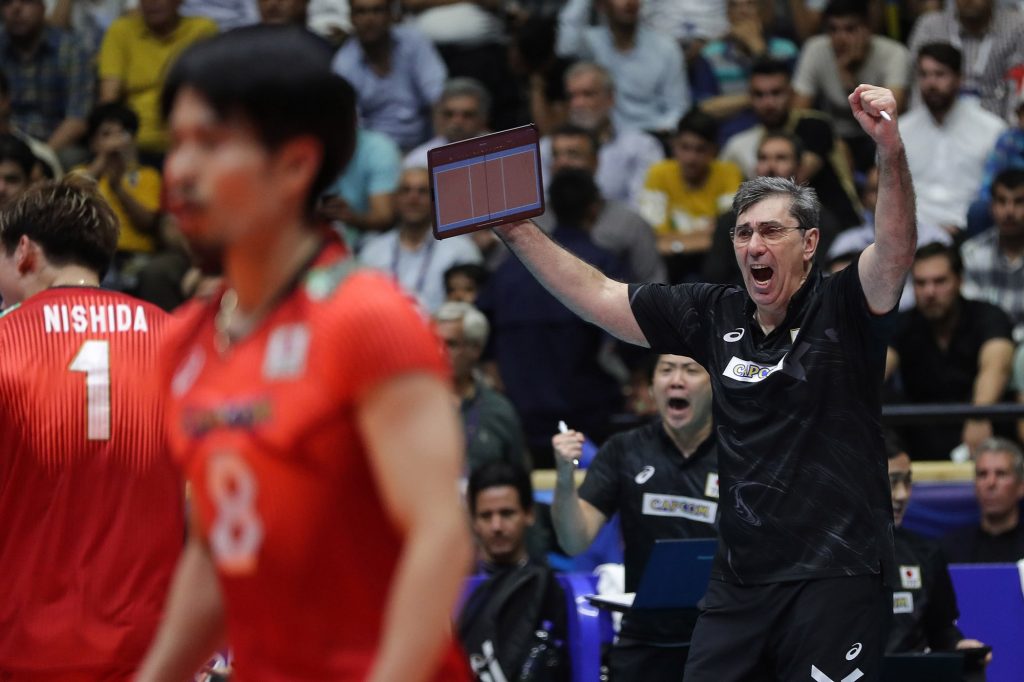
The debate over national team coaches who also manage club teams is ever-present, especially regarding the appointment of foreign coaches. Ahead of the Olympic season, most men’s national teams for Paris 2024 were led by coaches who had left their club roles: Ferdinando De Giorgi (Italy), Nikola Grbić (Poland), Andrea Giani (France), Philippe Blain (Japan), Gheorghe Crețu (Slovenia), Vital Heynen (China) and Igor Kolaković (Serbia). Since January, Tuomas Sammelvuo, the head coach of the Canadian team, has also been free from club commitments after leaving ZAKSA.
Interestingly, Brazilian coach Bernardo Rezende managed the women’s team Sesc while coaching the men’s national team. Dual-role coaches on the Olympics will be: Bernardo Rezende (Brazil’s coach and coach of Sesc), Tuomas Sammelvuo (Canada’s coach and was coach at ZAKSA, now at Asseco Resovia), Marcelo Méndez (Argentina’s coach and coach of Jastrzębski), Fernando Muñoz Benítez (coach of Egypt and Al Ahly VC), and Michał Winiarski (Germany’s coach and coach of Zawiercie).
Only five national teams are led by domestic coaches: Ferdinando De Giorgi (Italy), Marcelo Méndez (Argentina), Bernardo Rezende (Brazil), Igor Kolakovic (he was also part of the national team staff for both Yugoslavia and later Serbia and Montenegro while they were a single country, so he can be considered a domestic coach), and John Speraw (USA).
At the men’s tournament for the Paris 2024 Games, there are 7 coaches dedicated solely to their national teams, while 5 coaches hold dual roles. The ratio for foreign experts is similar, with 7 foreign head coaches leading national teams compared to just 5 domestic head coaches. Interestingly, the five national teams that consistently choose domestic experts have remained at the top of the global rankings for the past 20 years. It would be fascinating to examine the global trend of hiring foreign coaches for national teams and analyze their success and impact on the development of these teams. Notably, Japan and Slovenia, led by foreign experts in the past decade, have seen significant positive progress, but this might be an exception compared to the overall number of foreign coaches in national teams worldwide.
It should be noted that after the 2024 Paris Olympics, some of the coaches who have not previously held dual roles already have signed contracts with clubs for the 2024/2025 season. However, they have not yet been confirmed to continue in their national team coaching positions.